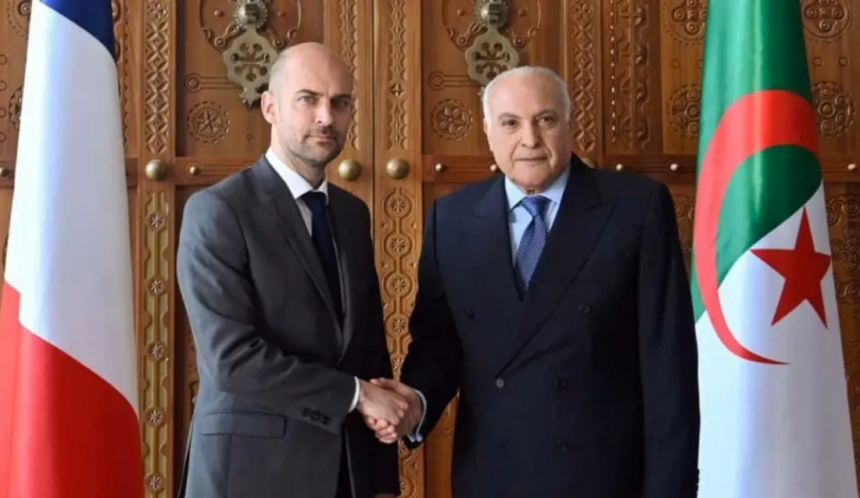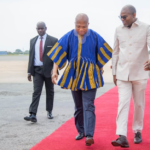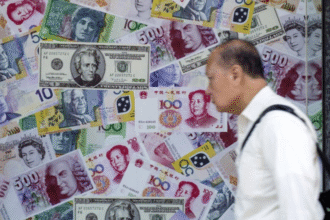By Mohamed Ghani
Algiers, Algeria – Hopes for a swift reconciliation between Algeria and France have been dashed as Algeria ordered the expulsion of 12 French consular staff members in the few weeks. The move represents a significant escalation in the ongoing diplomatic tensions between the two nations and marks the largest expulsion of French consular personnel since Algeria gained independence in 1962.
The expulsion appears to be a direct response to charges filed in France against an Algerian consular official, along with two other Algerians, accused of involvement in the kidnapping of an opposition dissident in the Paris suburbs a year ago. Algerian officials have condemned the arrest as a “flagrant contravention of the immunities and privileges” afforded to diplomatic personnel.
According to the Algerian state-run news agency APS, the incident is not coincidental but intentionally designed to “scupper the relaunch of bilateral relations agreed by the two heads of state.” This suggests a deeper underlying motive beyond the immediate arrest of the consular official.
While a recent phone call between French President Emmanuel Macron and Algerian President Abdelmadjid Tebboune, followed by a visit to Algiers by French Foreign Minister Jean-Noël Barrot, had indicated a potential turning point, the expulsion signifies that anti-French sentiment remains powerful within Algerian government circles.
Analysts believe the true target of Algerian ire is not President Macron himself, but elements within his government, particularly Interior Minister Bruno Retailleau. Retailleau, a right-wing conservative known for his hardline stance on immigration, law and order, and relations with Algeria, is being implicitly accused of attempting to undermine Macron’s efforts towards a more balanced approach.
Significantly, a number of the expelled French officials are subordinates of Minister Retailleau from the French Interior Ministry, further fueling the speculation that Algiers views him as an obstacle to improved relations. Algerian commentators have consistently criticized the influence of the French right and far-right, accusing them of poisoning the relationship between the two countries.
The current crisis, triggered by Macron’s strategic shift towards Morocco last July, has led to a significant breakdown in relations. Trade and intelligence-sharing have been hampered, and accusations of harassment of diplomats and refusals to repatriate deported nationals have further strained the relationship.
The arrest and subsequent sentencing of Franco-Algerian writer Boualem Sansal, 80, on charges of crimes against state security, served as a stark reminder of the deteriorating situation. Hopes for his release as a “humanitarian gesture” have now been severely diminished.
The expulsion of the French consular officials signals a worrying setback in Franco-Algerian relations, leaving the path towards reconciliation uncertain and potentially prolonged. The incident highlights the complex interplay of domestic political considerations and historical grievances that continue to shape the relationship between the two nations.









